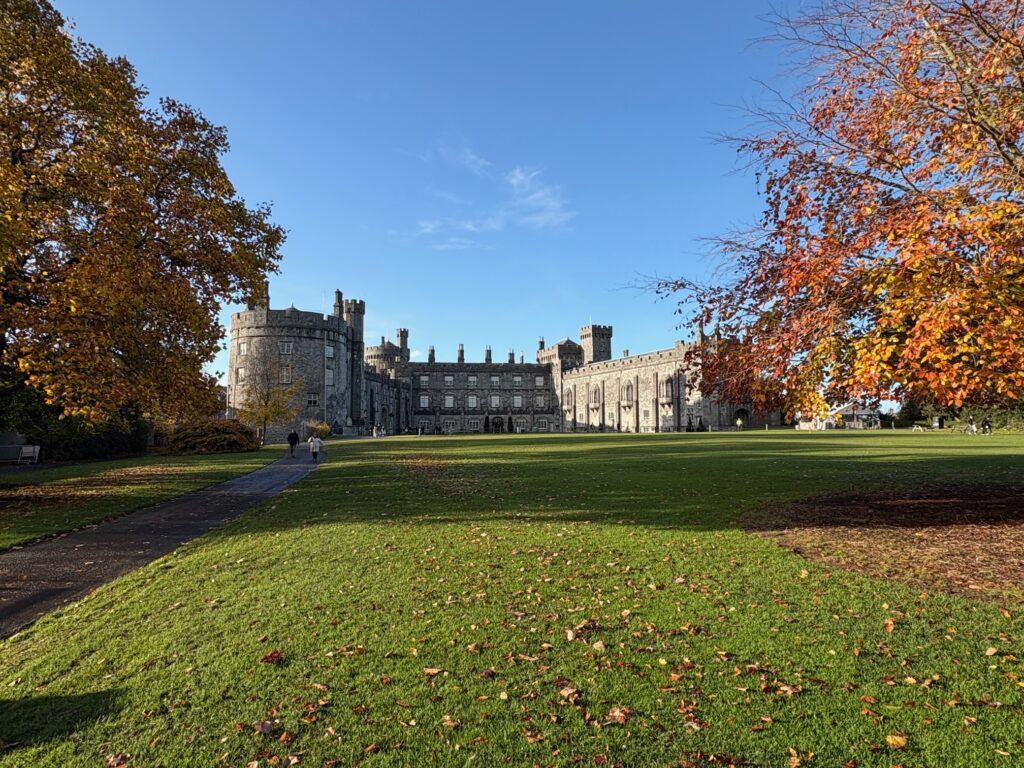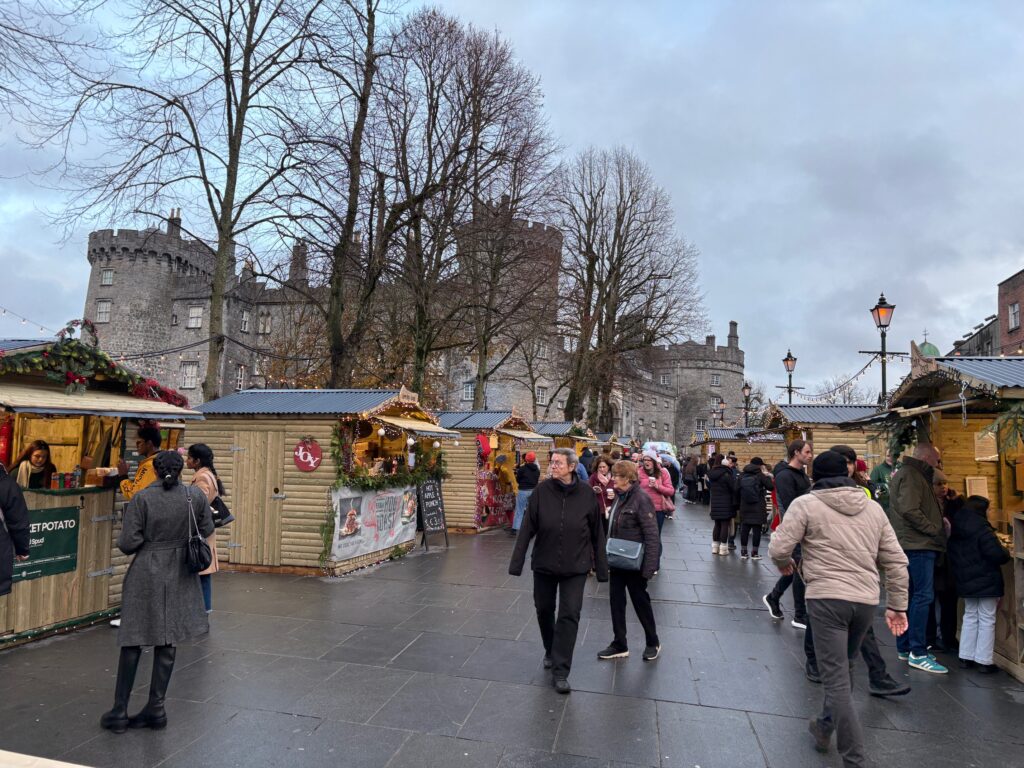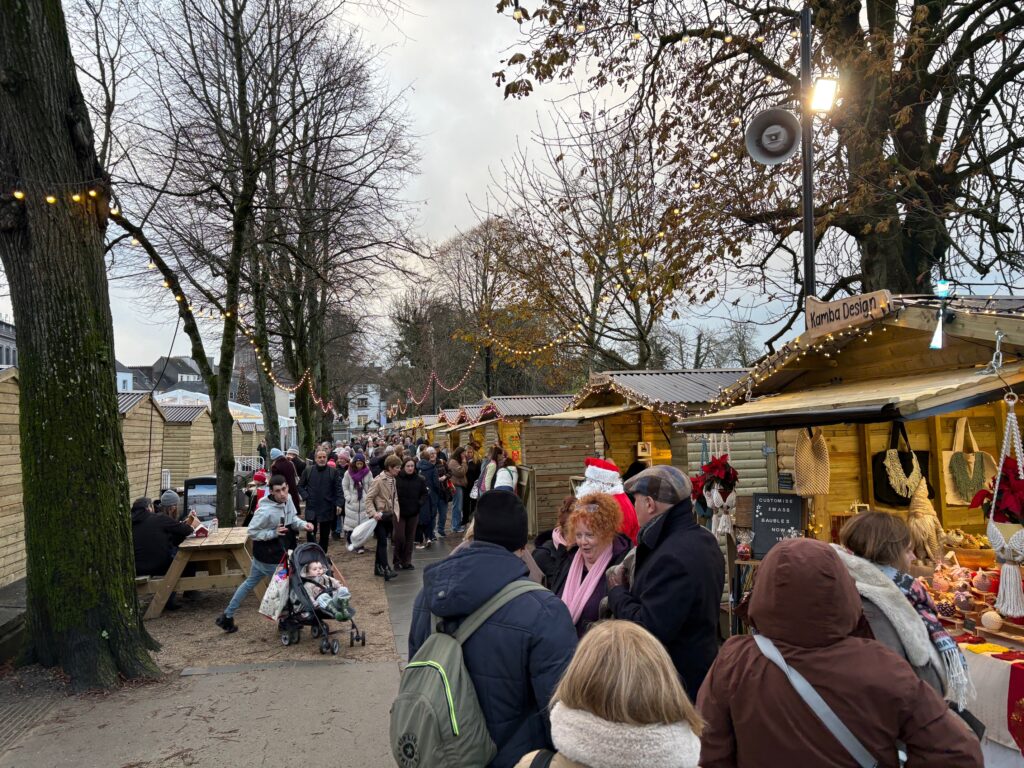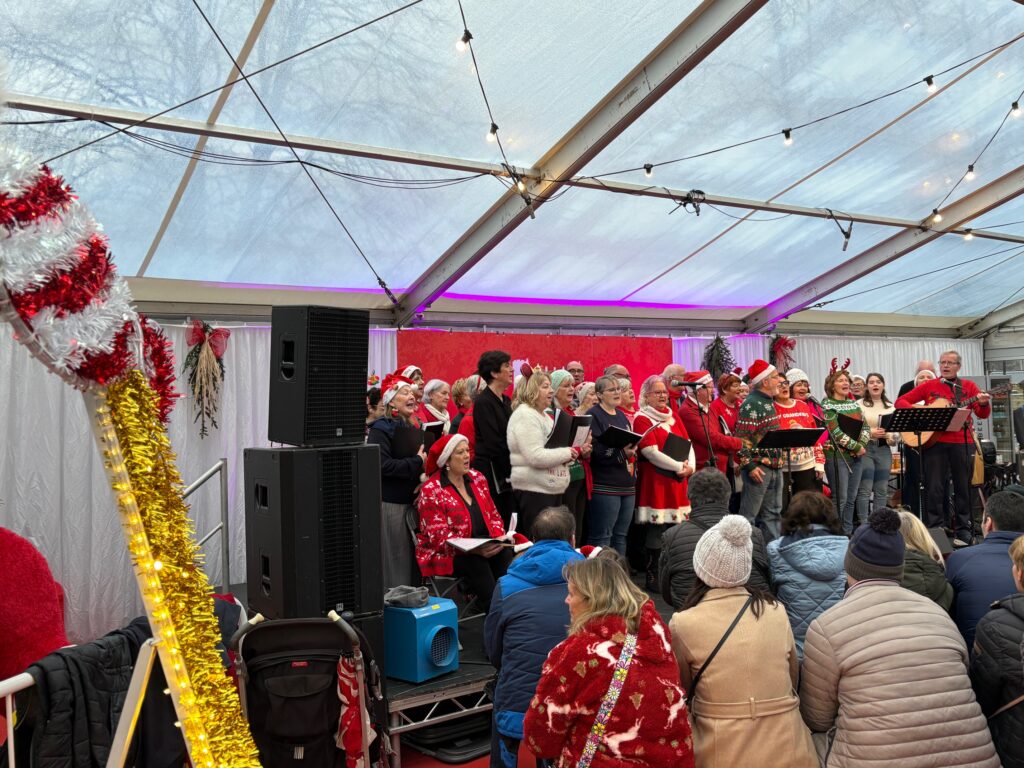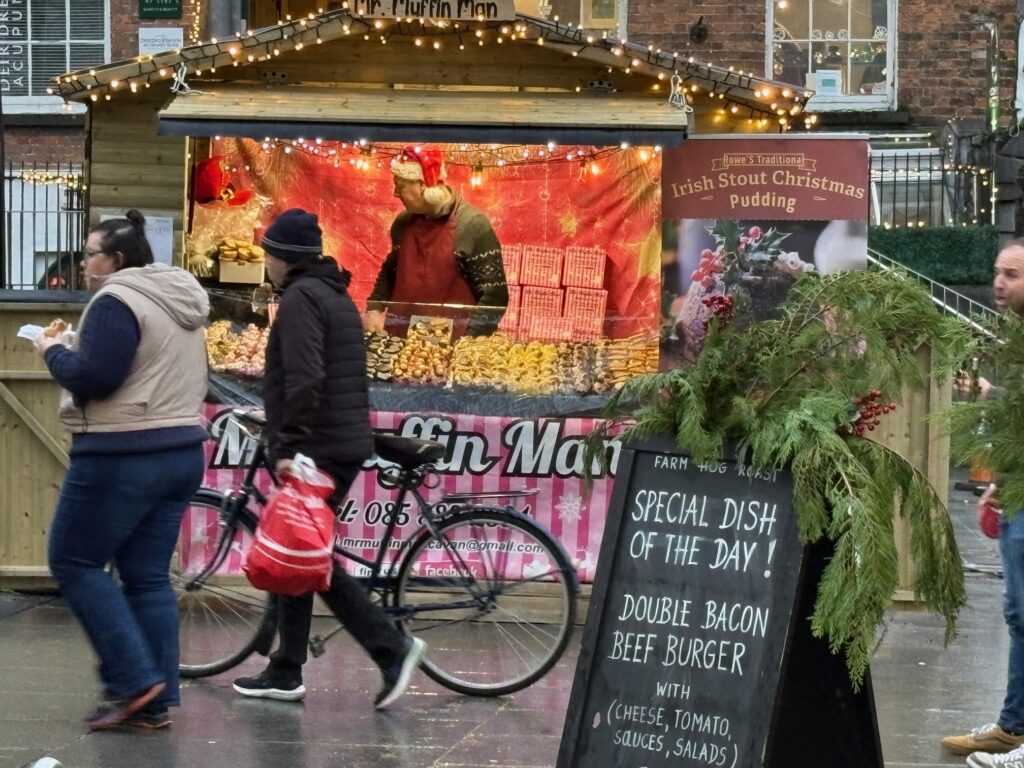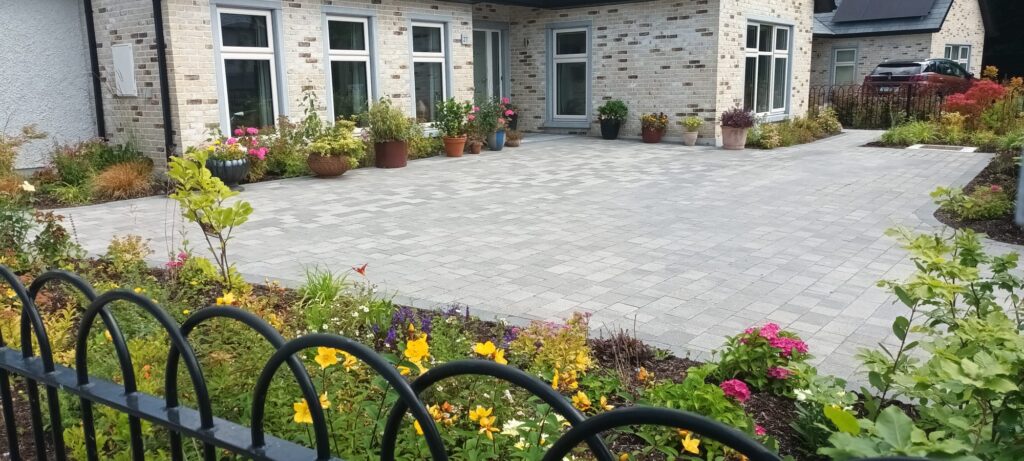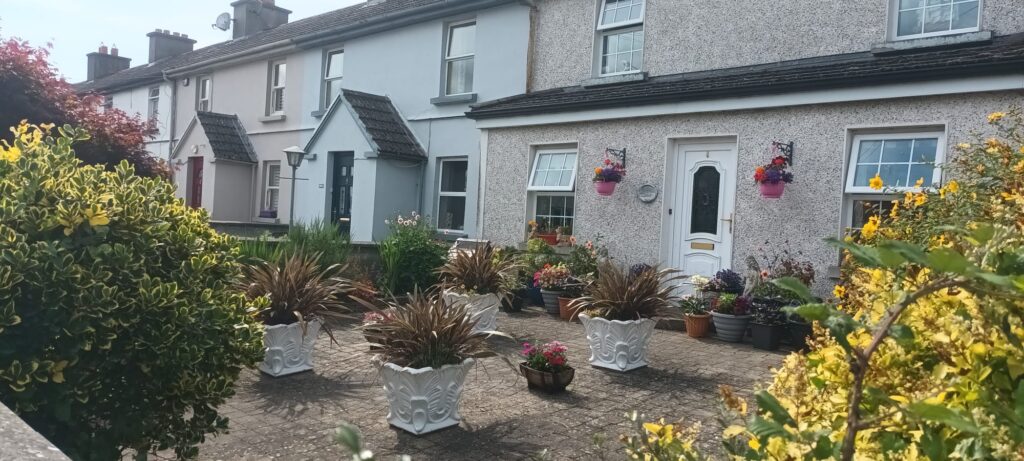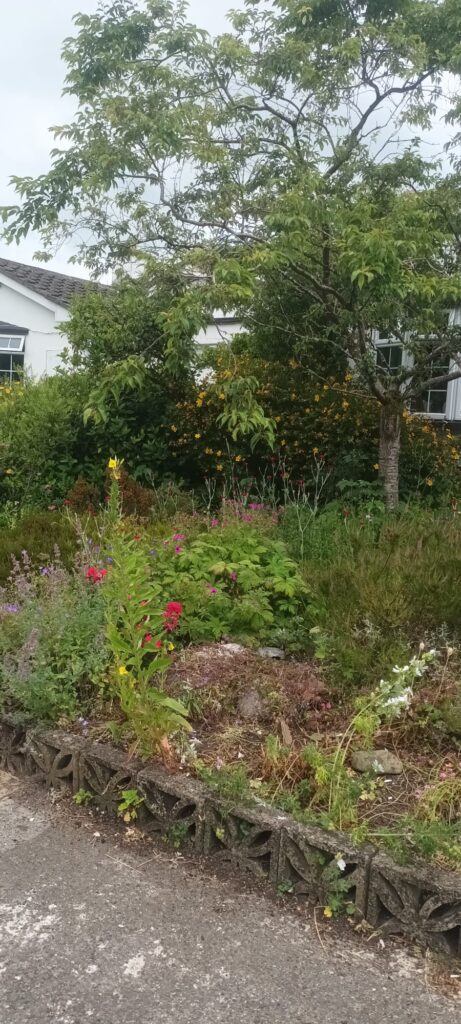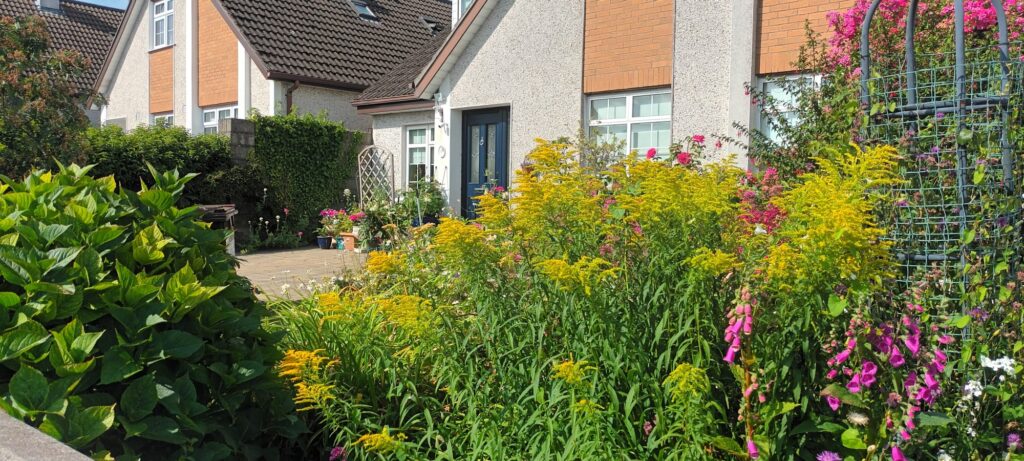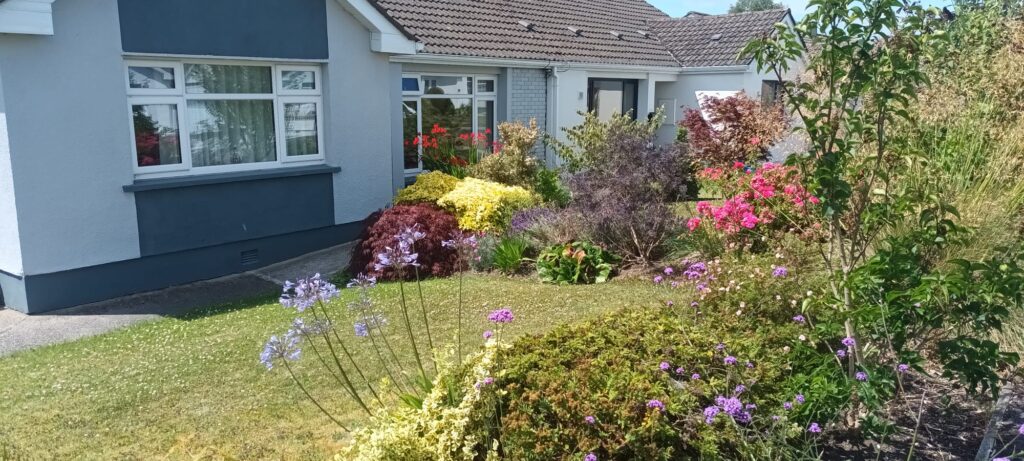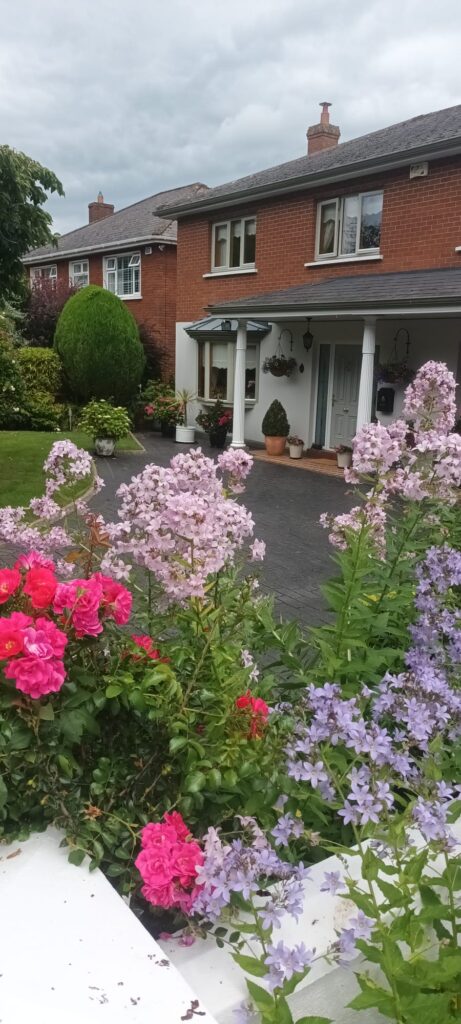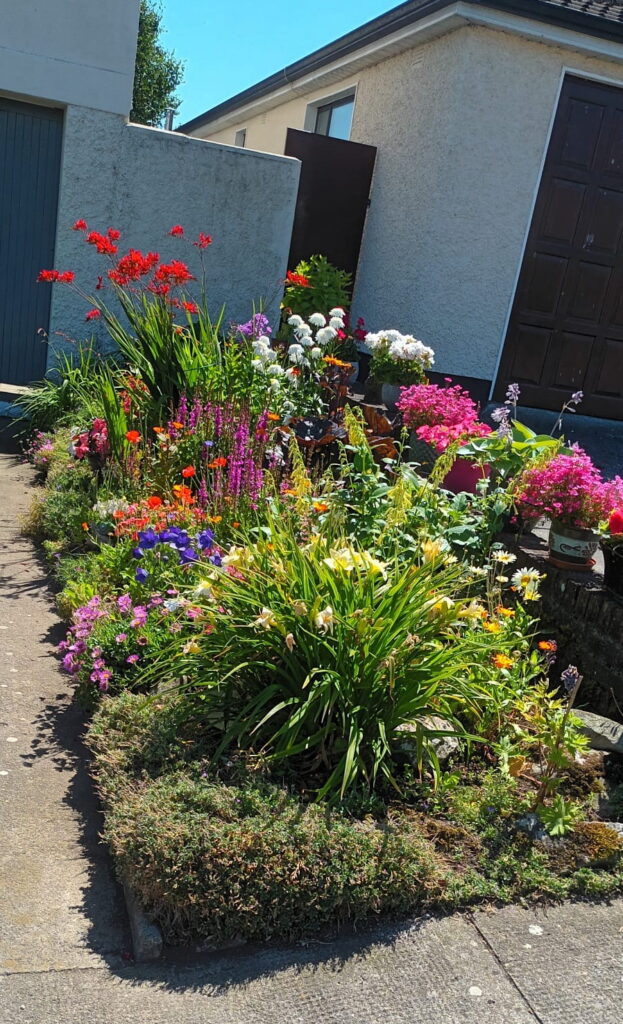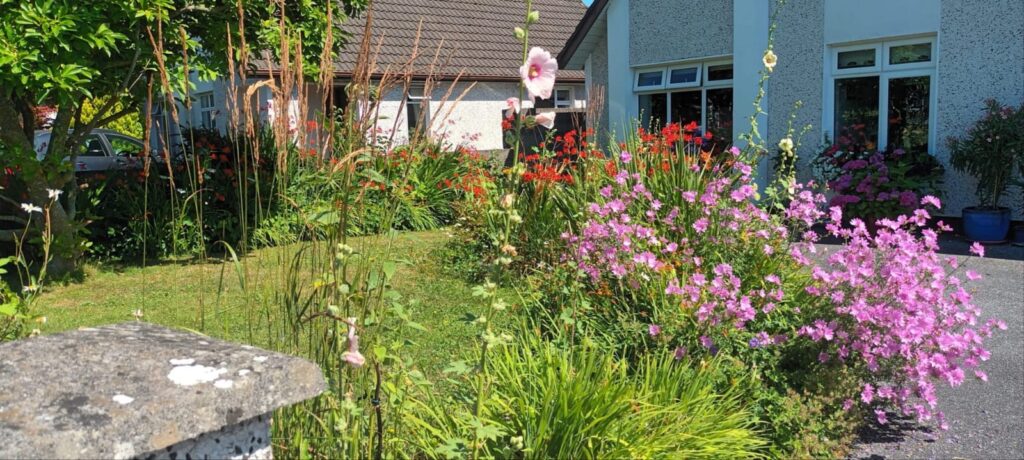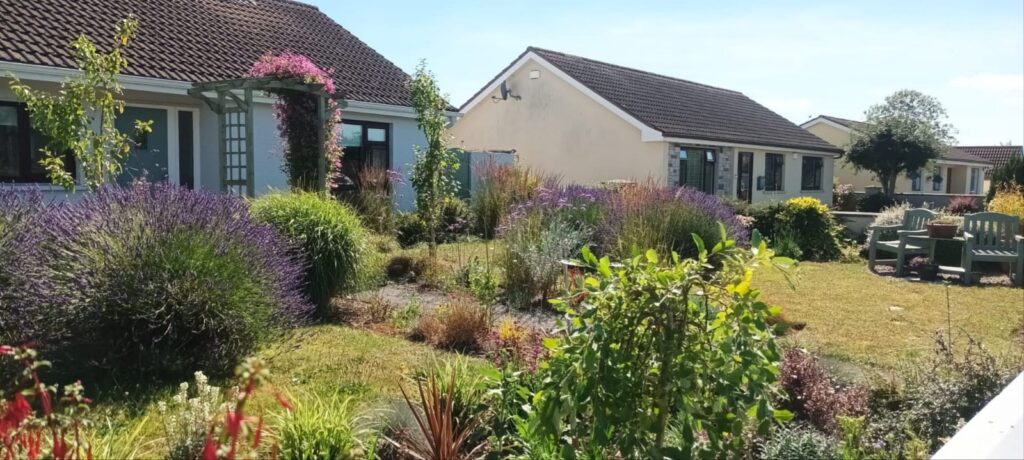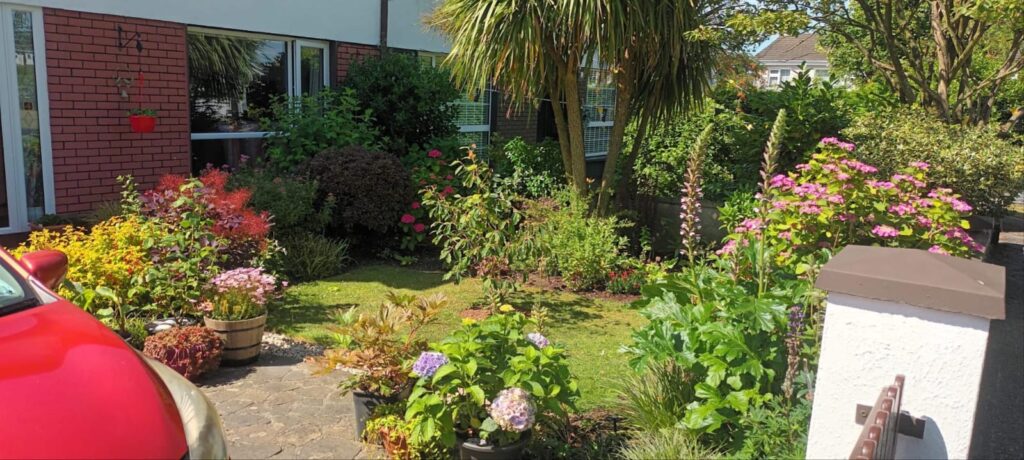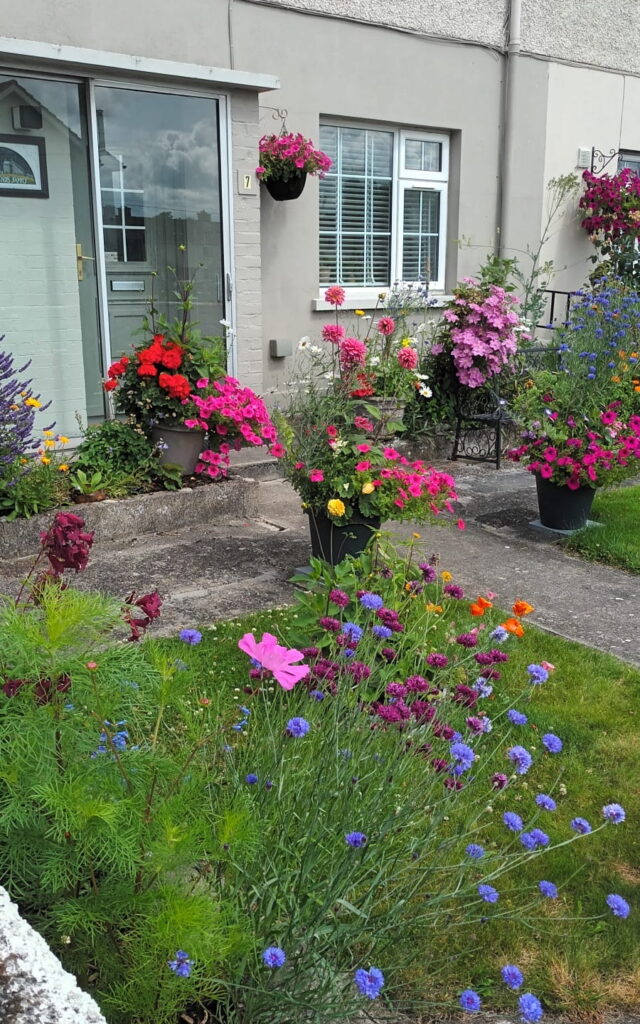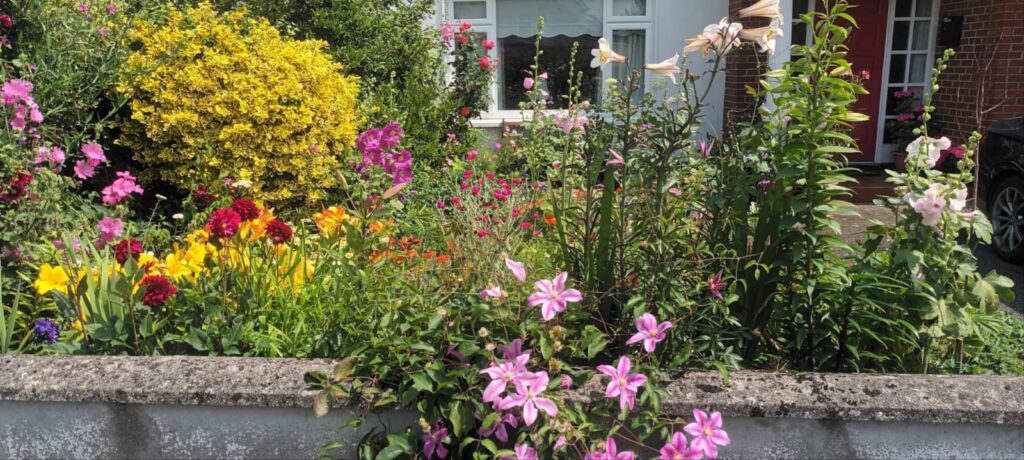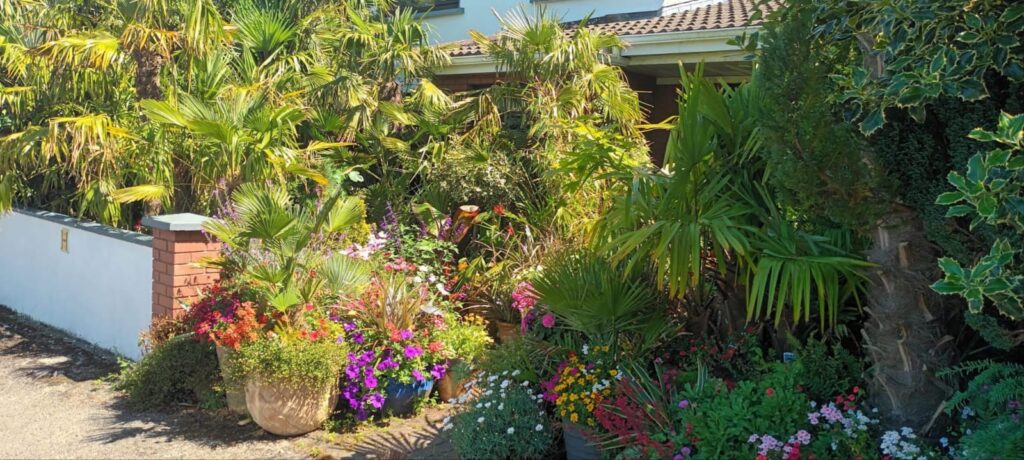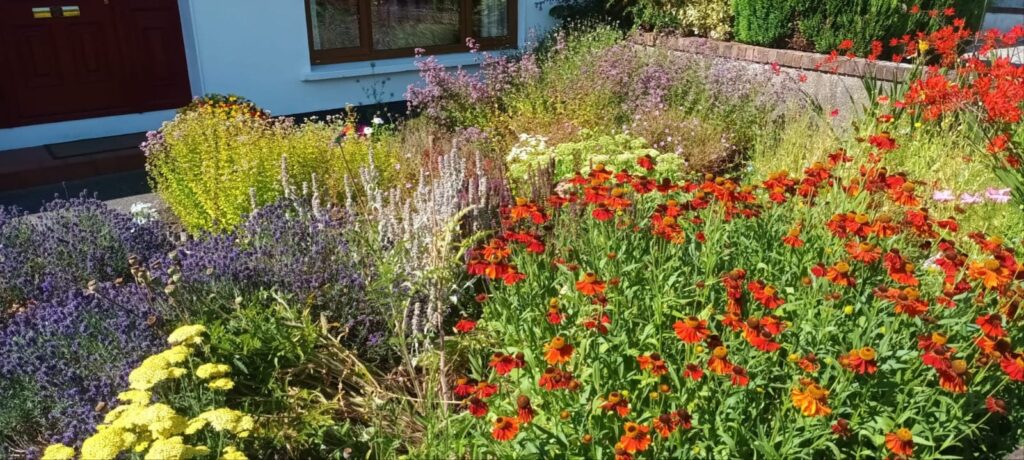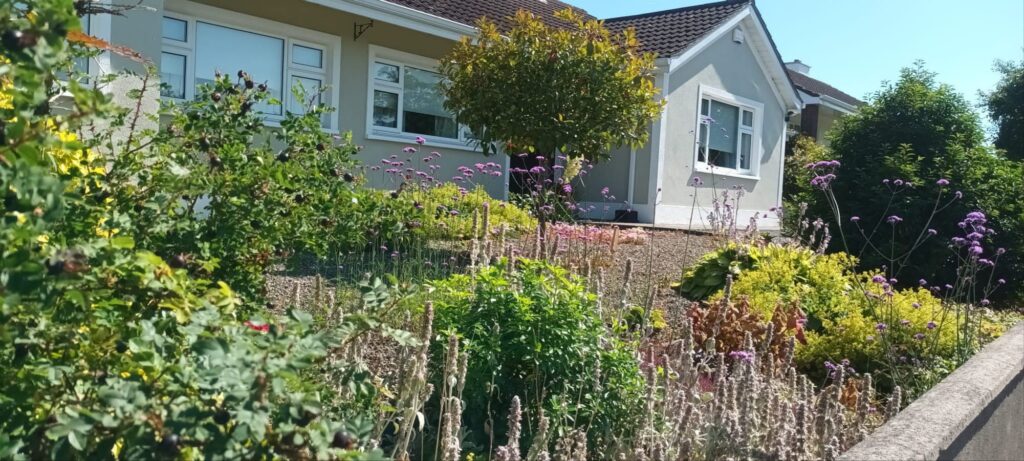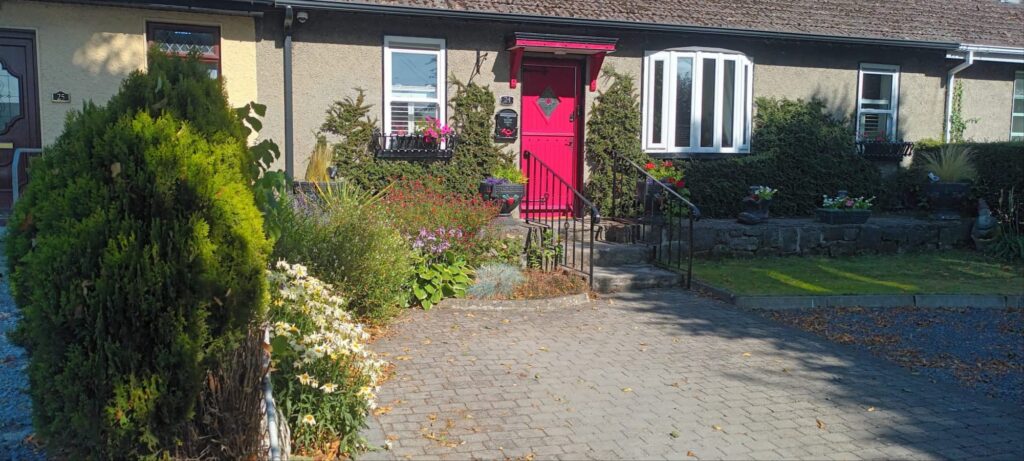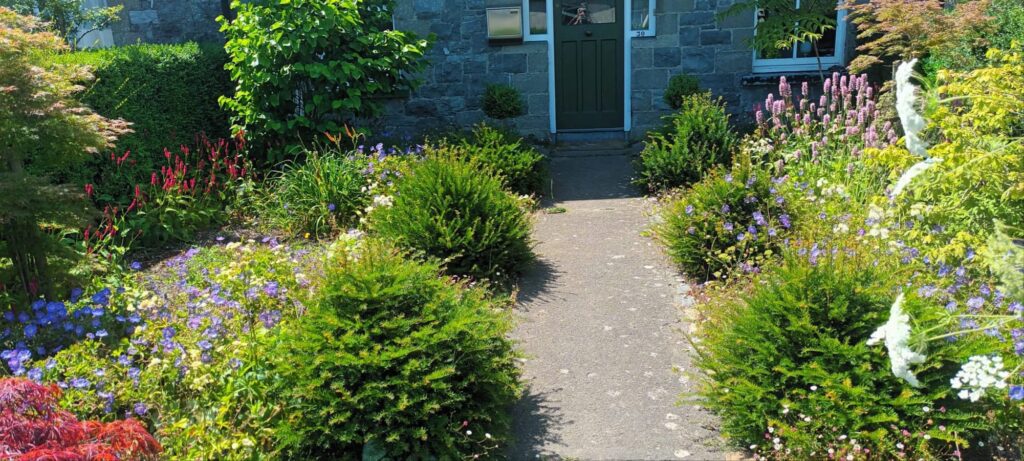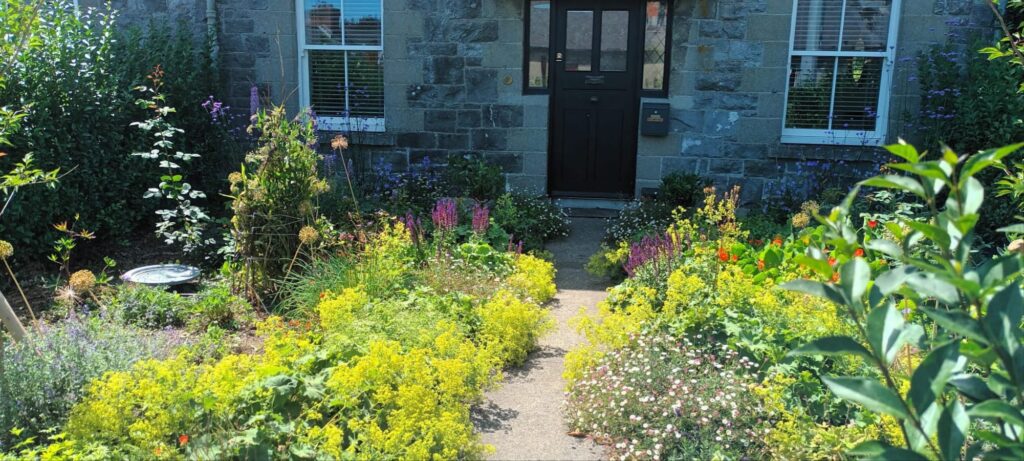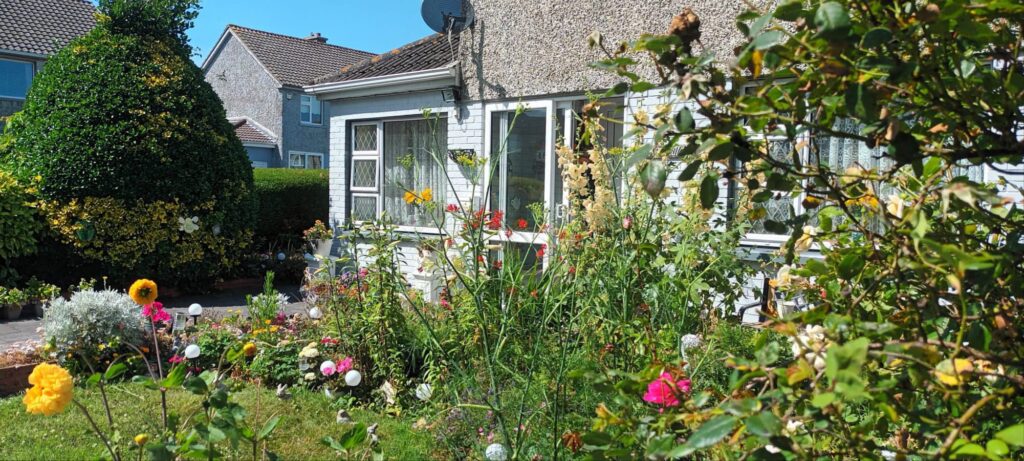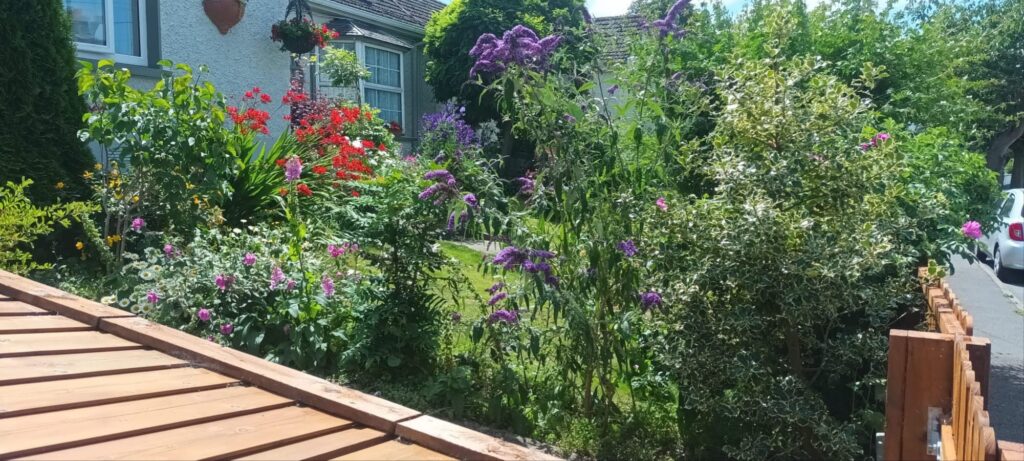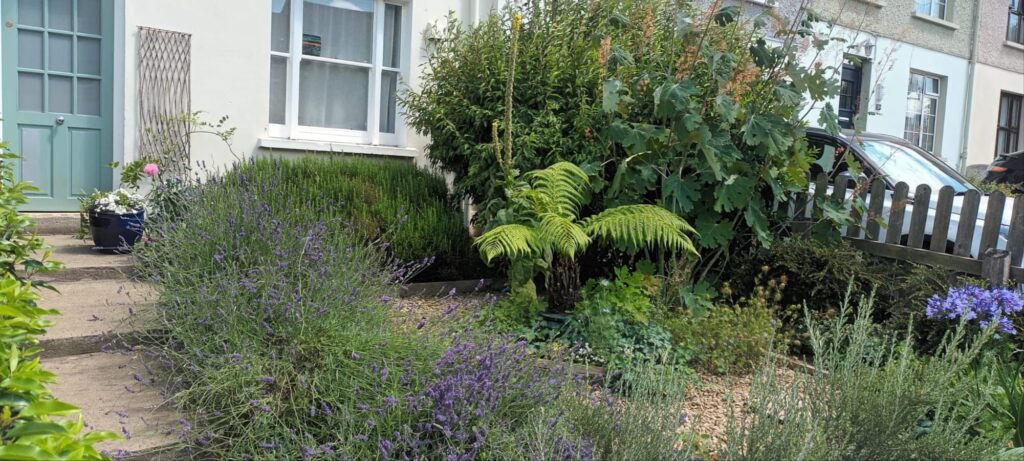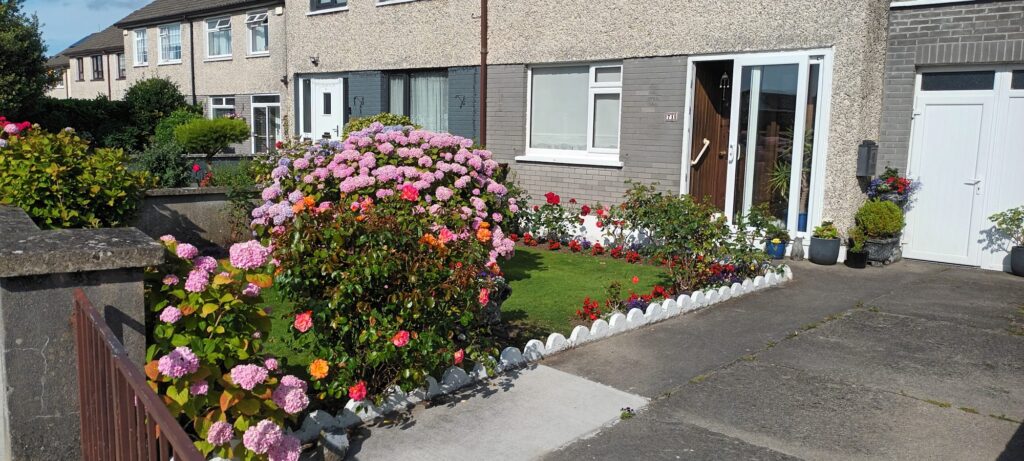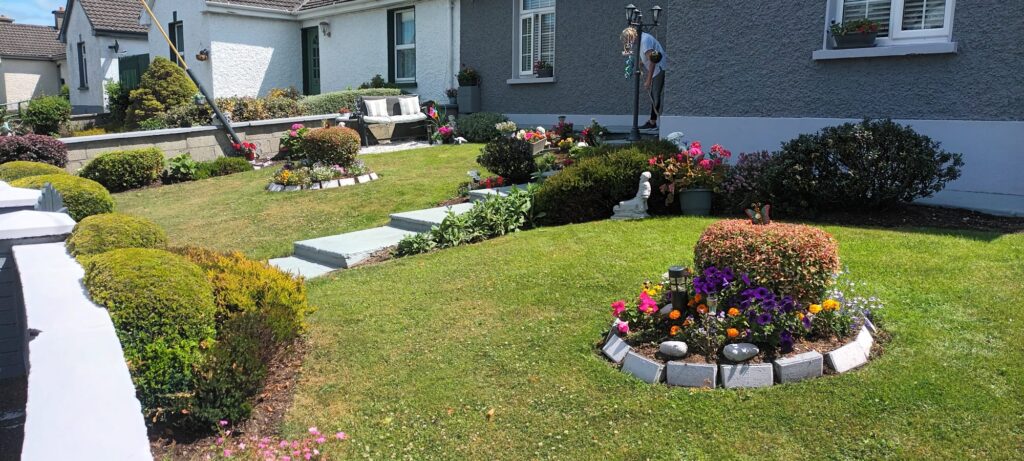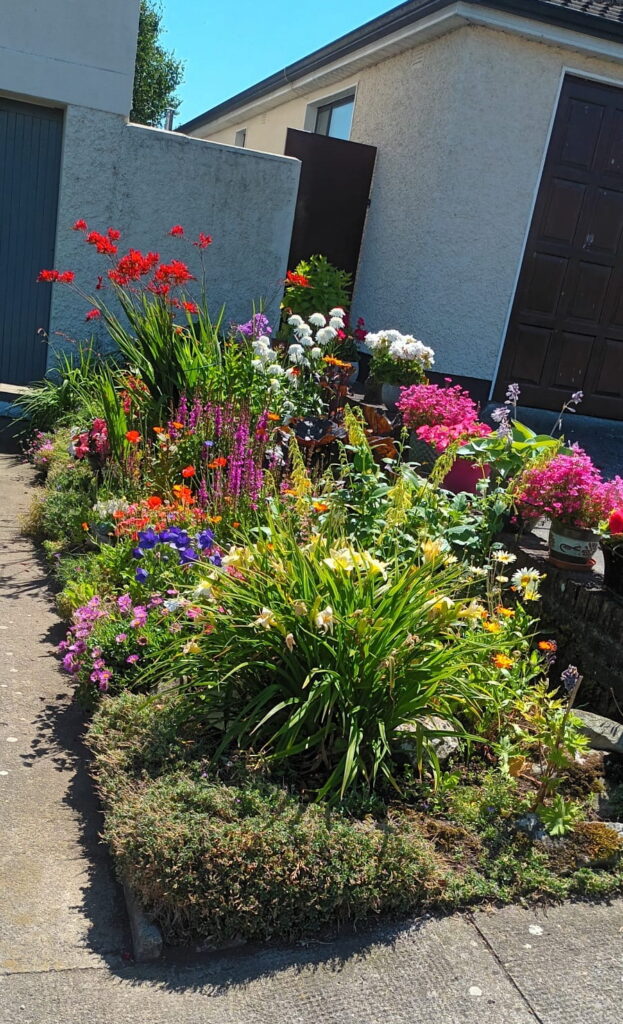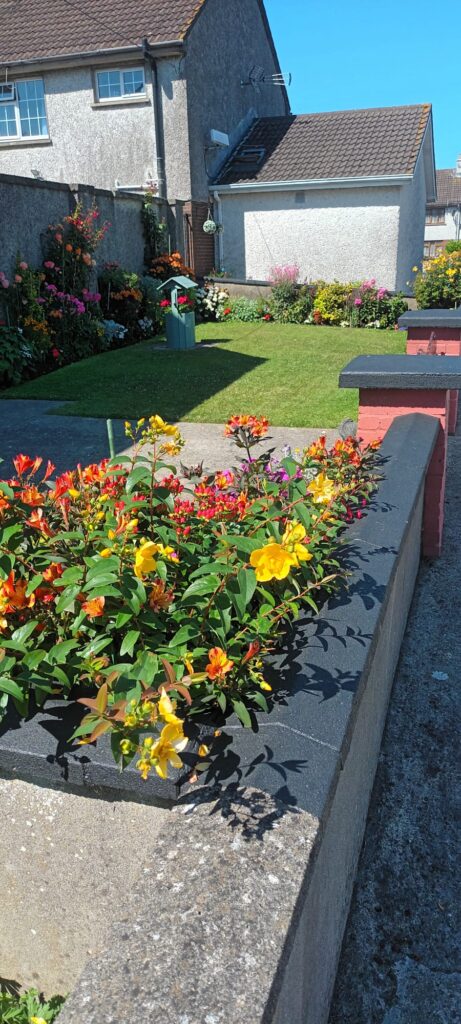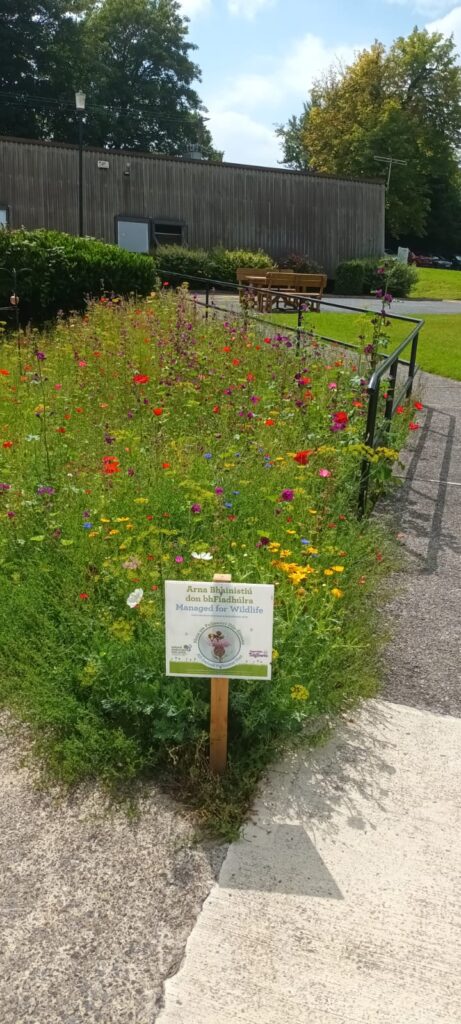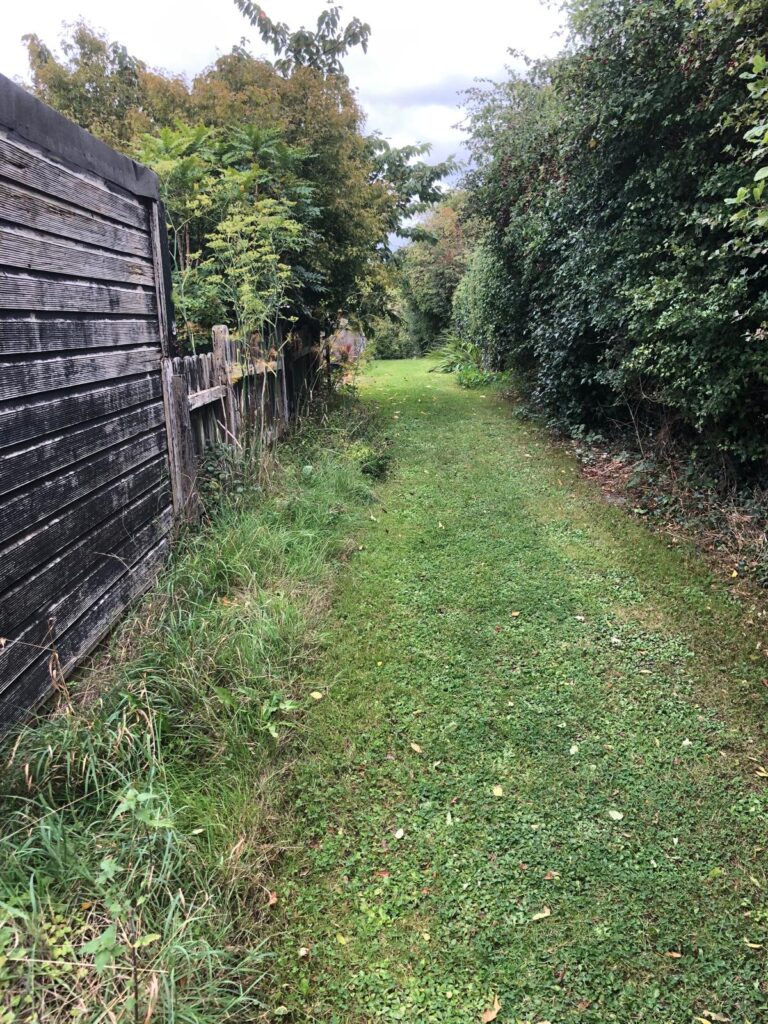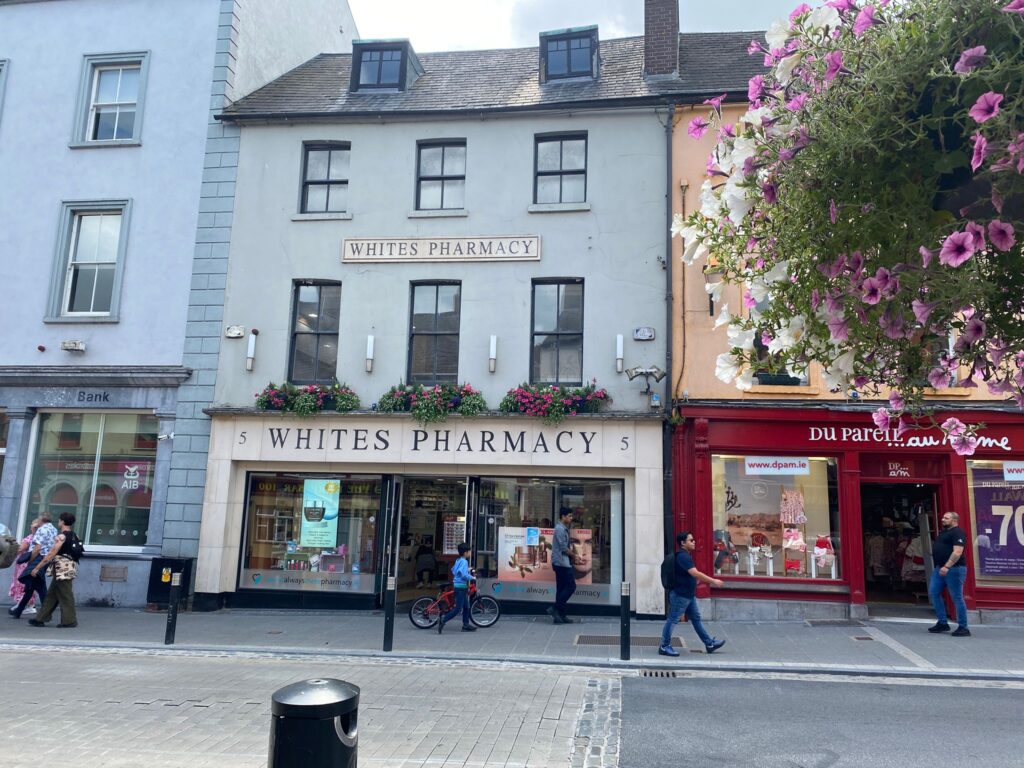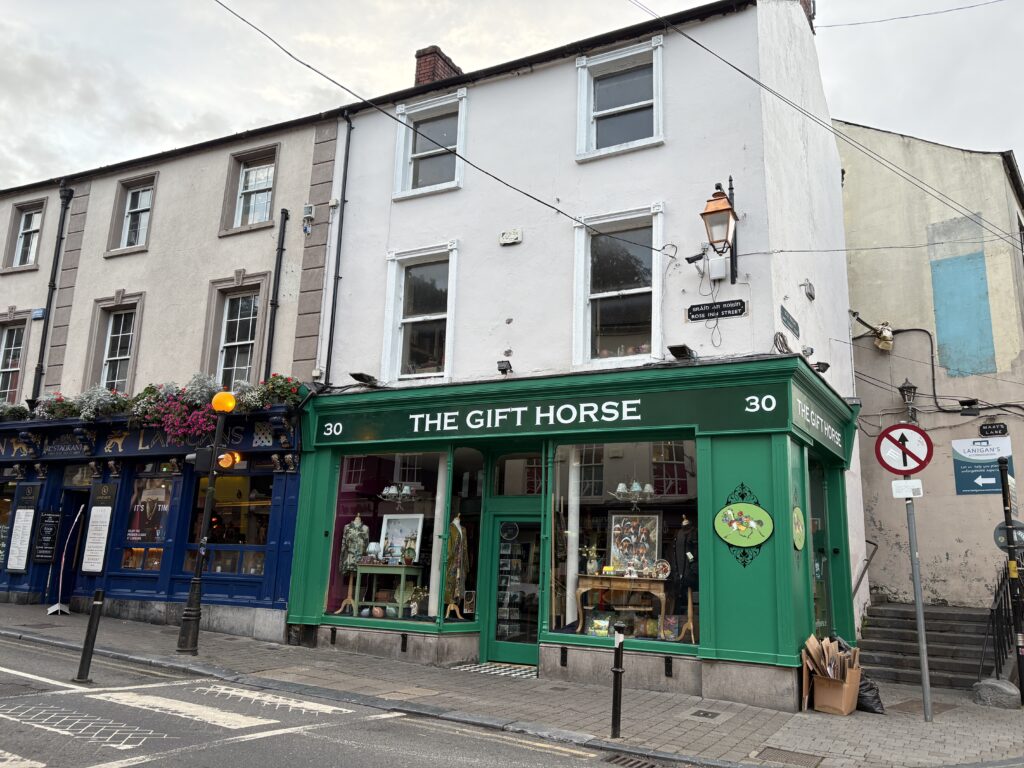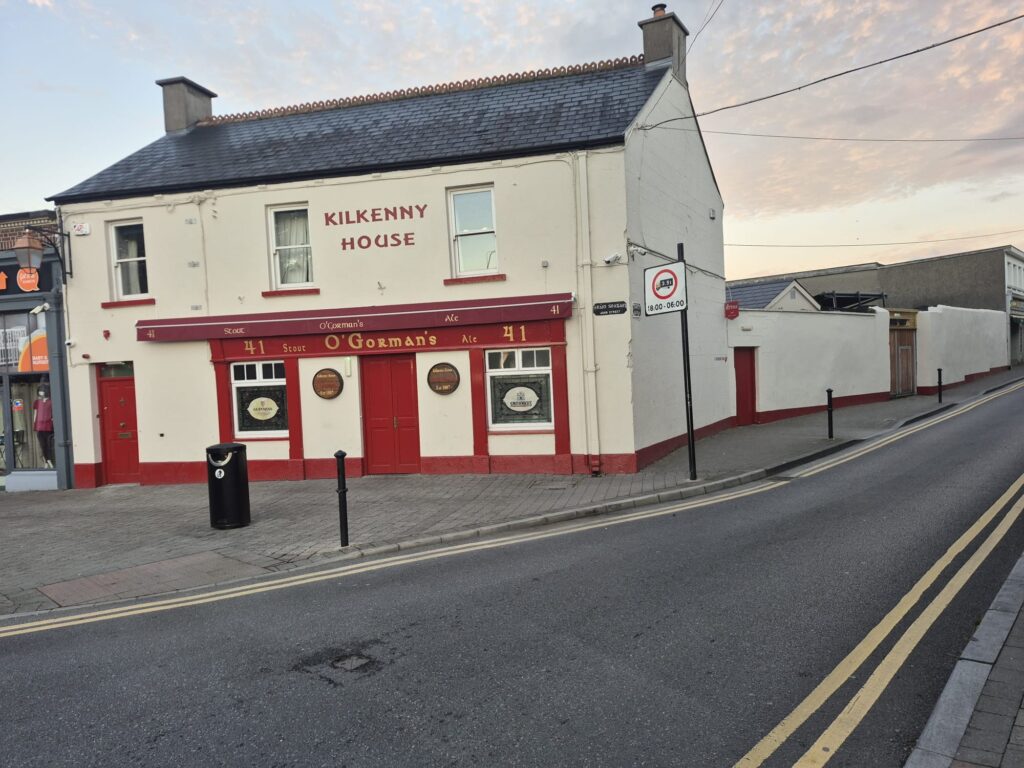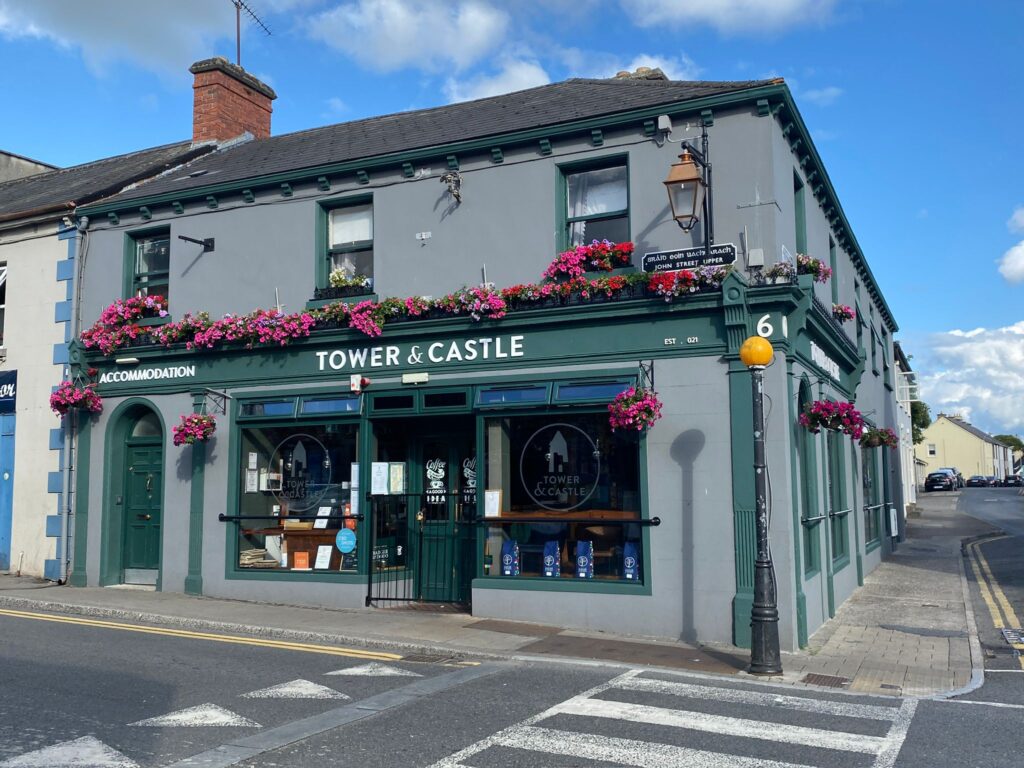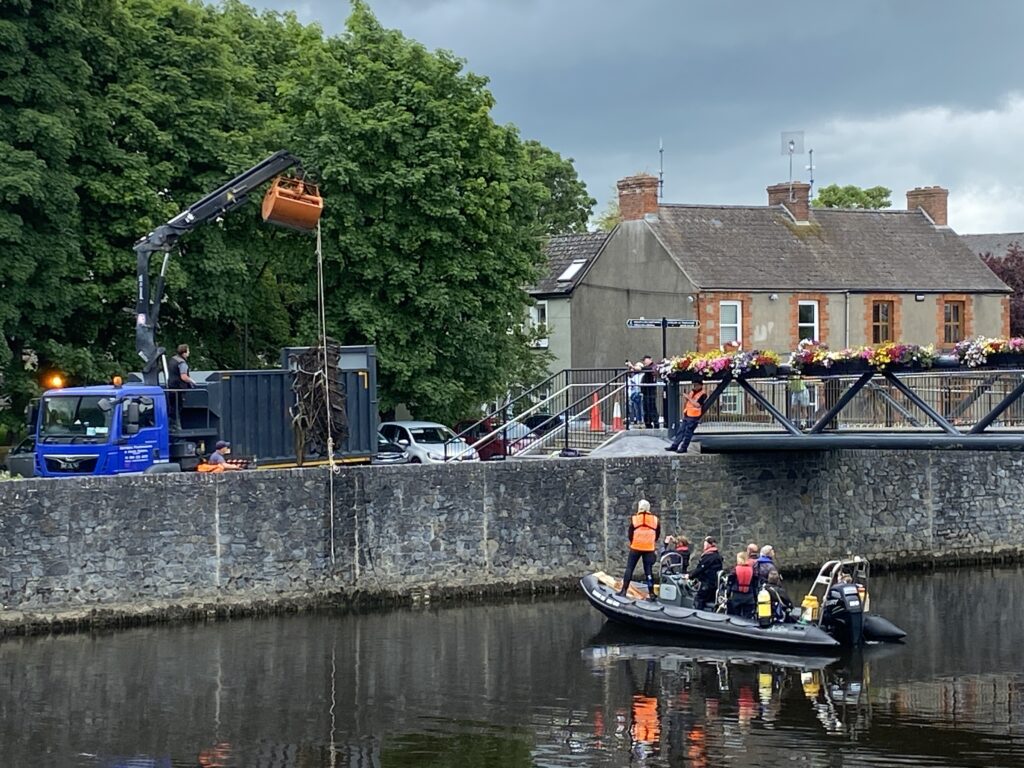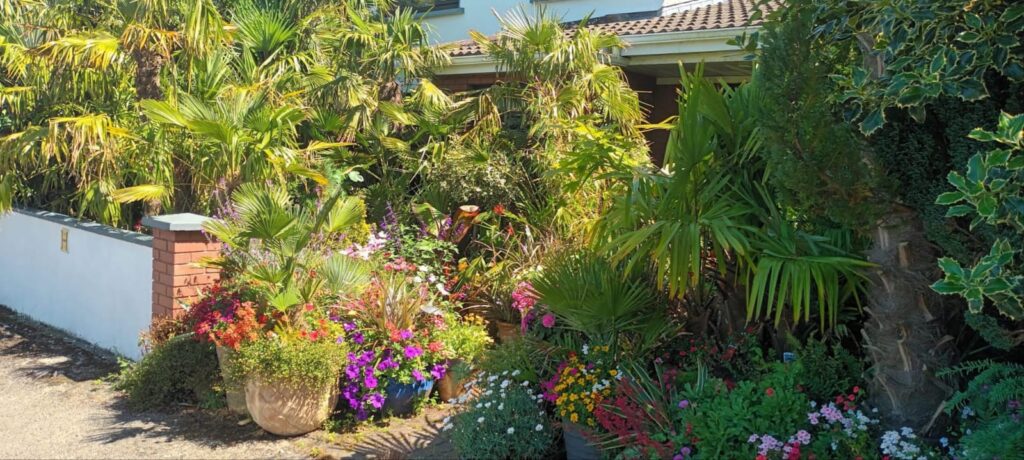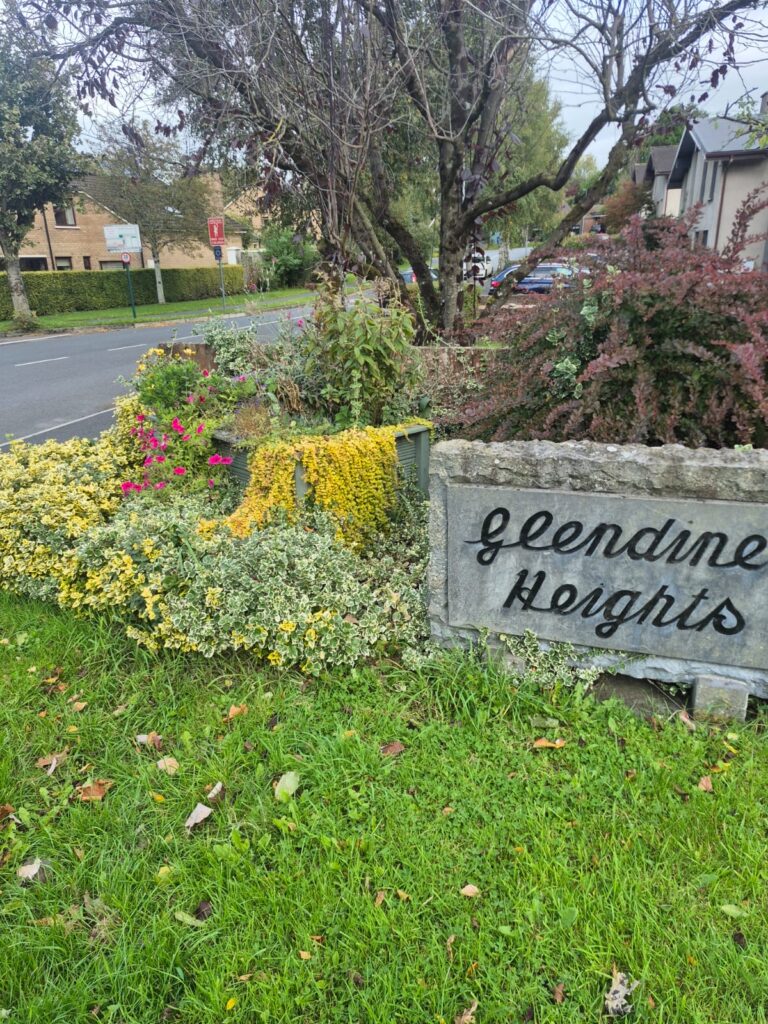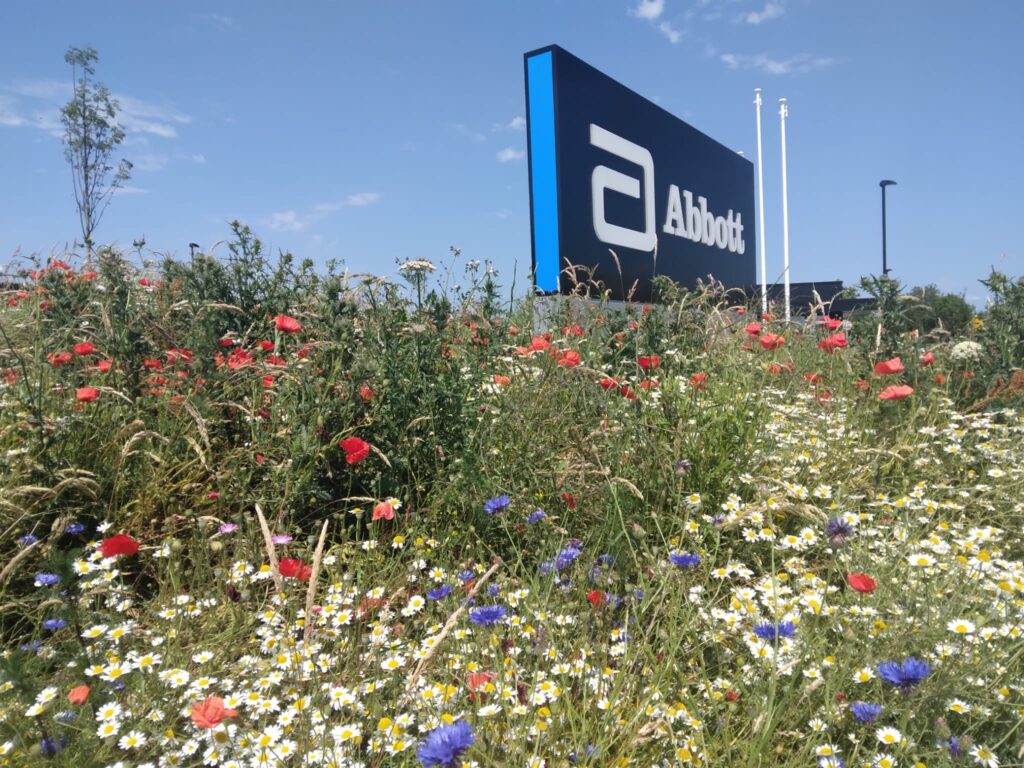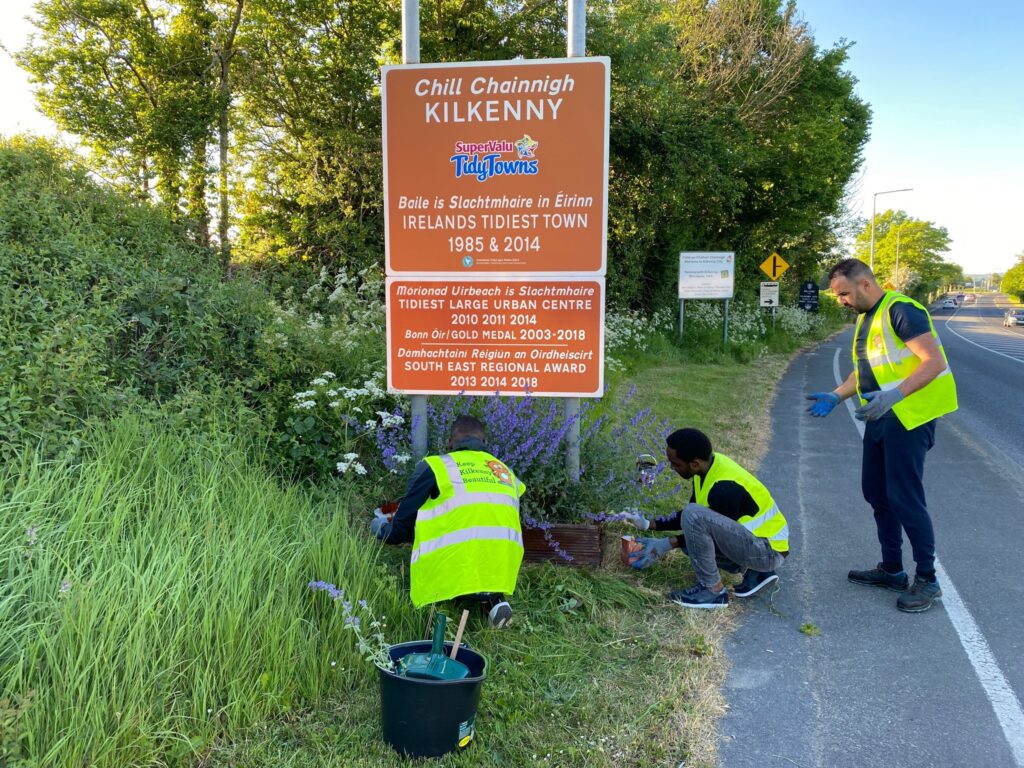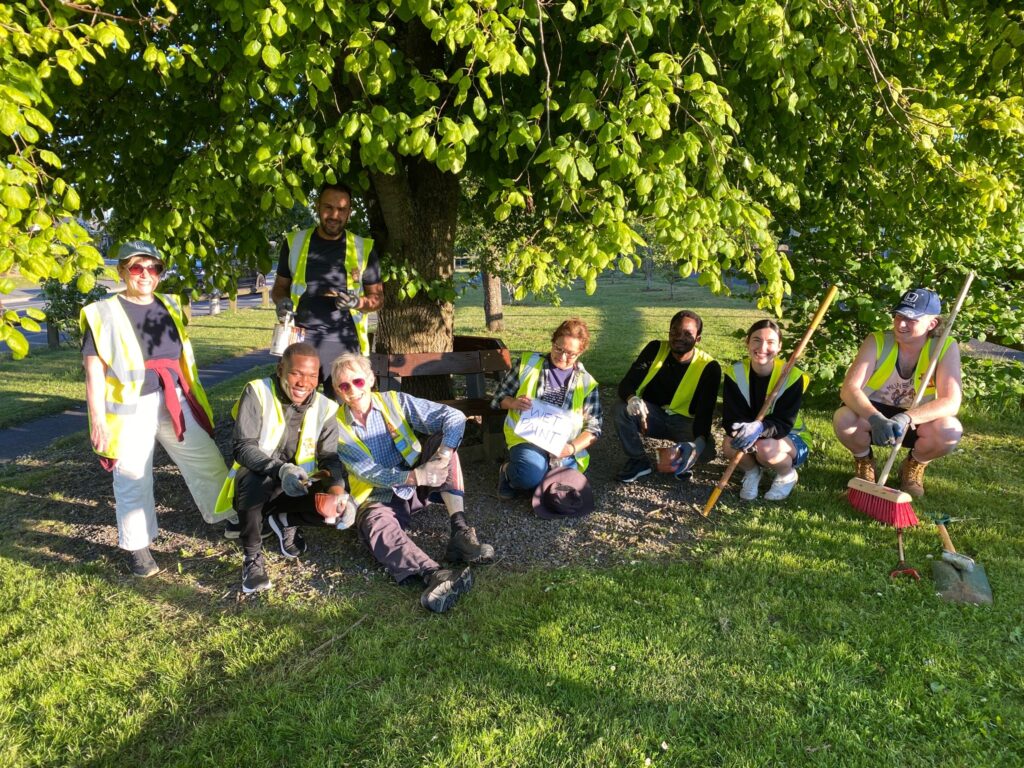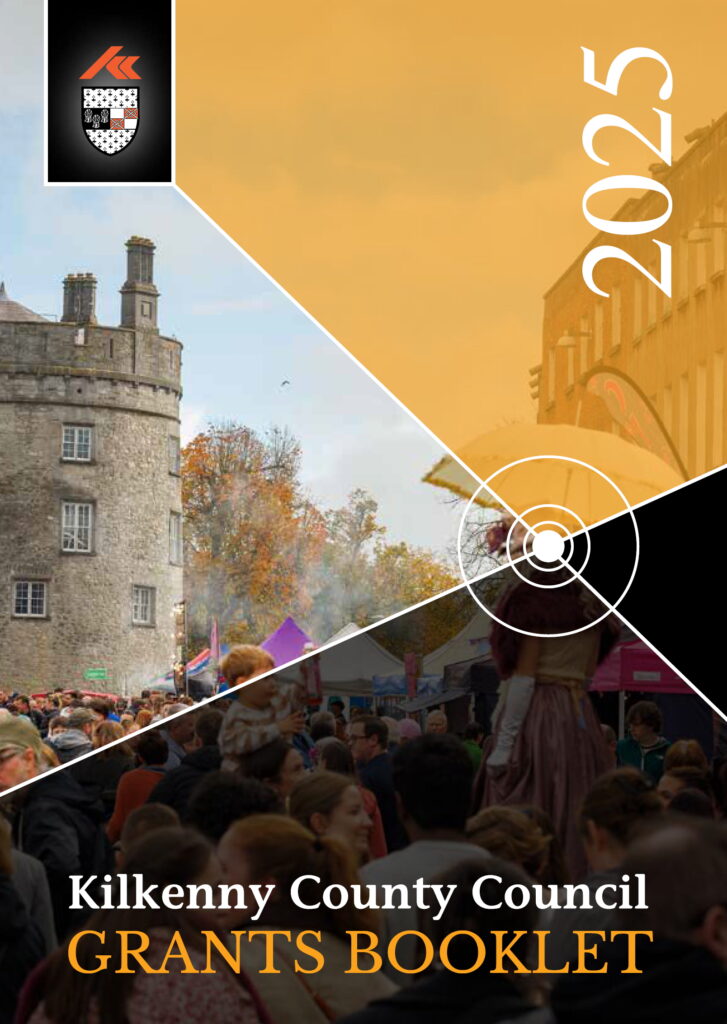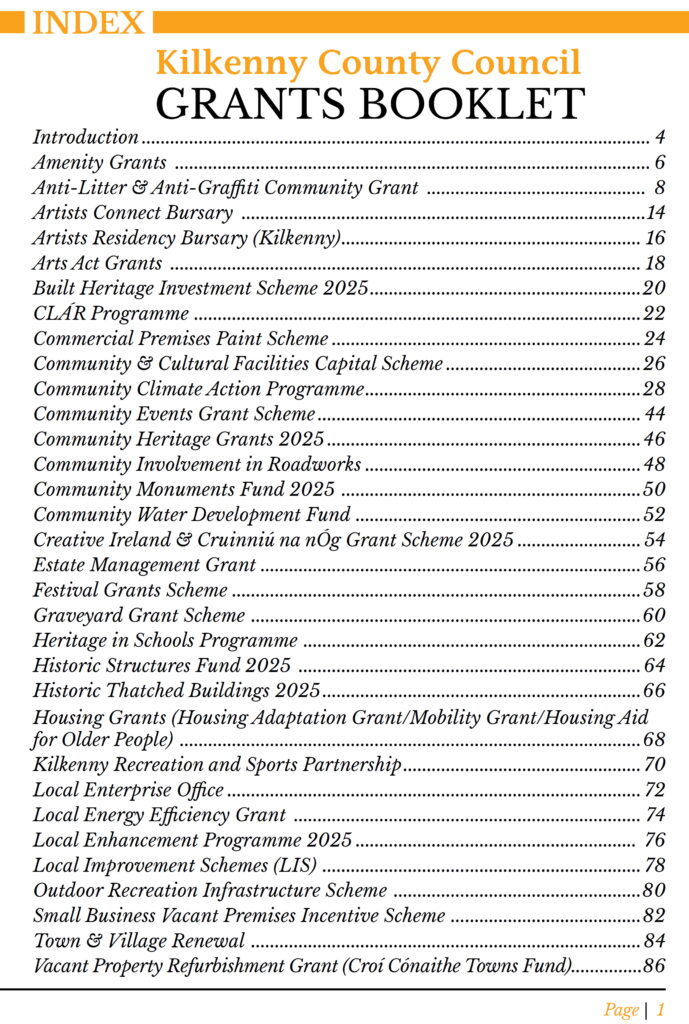The final IBAL survey for 2025 was announced on the 5th January 2026. Kilkenny City achieved Clean to European norms. KKB wish to thank all our volunteers, local community groups, resident associations and Kilkenny CoCo for all of their work in Keeping Kilkenny Beautiful over the last year. Congratulations are due to Dun Laoghaire for achieving the top position in 2025.
KKB would agree with IBAL that single use Coffee cups are a serious litter issue. Government intervention is required similar to the plastic bag or the cans and plastic bottle scheme.
Above: View of castle park which received an A rating.
we set out under the 2025 report for our city.
An Taisce Report – IBAL Anti-Litter League, Survey 2, 2025
Kilkenny: 17th out of 40 towns / cities surveyed. Clean to European Norms.
A good result for Kilkenny with no heavily littered sites and some sites just missing the top litter grade. The latter included High Street, the residential area of Beechlawn and the Bring Facility,New Park Shopping Centre. The wonderful grounds of Kilkenny Castle Park were sensitively presented and maintained – excellent with regards to litter. The Watershed Leisure Centre had some lovely features – picnic tables, welcoming planting at the entrance etc.
The Watershed Leisure Centre: Grade A. There was an abundance of colour in the planter boxes at the building entrance – this created a warm and welcoming impression. All elements of this facility appeared in good order e.g. paving, bicycle parking, wooden picnic tables etc. There was a large wheely bin specifically for bottles / cans. The whole area was excellent with regards to litter.
Dublin Road: Grade B+. This busy route just missed the top litter grade. Road surface / markings / signage were in good order, but there were too many food related items e.g. sweet papers, fast-food wrappers and plastic bags, for the top litter grade. Perhaps the installation of a litter bin at the bus stop might help?
Kilkenny Castle Park: Grade A. This wonderful expanse of parkland was so deserving of the top litter grade. Not only was it very good with regards to litter, but it has also been sensitively presented and maintained with excellent visitor information (including colourful ‘Ecology of an Oak Tree) and plenty of references to Biodiversity. Seating, signage, litter bins etc. were all in very good condition.
New Park Shopping Centre: Grade A. A freshly presented shopping centre and car park environment – there was a virtual absence of litter throughout.
High Street: Grade B+. Paving, litter bins, bollards, wooden seating and planter boxes were freshly presented, creating a positive impression along this busy shopping street. Much of the area was good with regards to litter but there were too many cigarette butts, coffee cups, fast-food wrappers and sweet papers near Market Yard for the top litter grade. With a little extra effort, this could be achieved.
Deposit Return Scheme, SuperValu: Grade A. This small ‘in-store’ facility was spotless – well done to all concerned.
Bring Facility, New Park Shopping Centre: Grade B+. This facility just missed the top litter grade – the overall impression was a good one but there were too many loose litter items at the base of clothes banks.
John’s Quay: Grade B+. The 1914-1918 Memorial was looking well and there was a wonderful series of coloruful murals along one stretch. Seating, litter bins, signage, planted areas were in good order. Maintenance was underway at time of IBAL visit. Minor litter items were primarily alcohol related, particularly close to John’s Bridge.
Market Yard Car Park: Grade B. Some lovely features in the car park environment included an abundance of planter boxes and picnic tables. Some parts presented quite well. However, the overall impression was of a moderately littered space, a wide variety of food related and cigarette butts, along with a couple of bags of rubbish.
Beechlawn: Grade B+. Not much effort is required for this residential area to get the top litter grade – it was freshly presented, large expanse of grass area and generally in very good order. Litter items were all food related.

